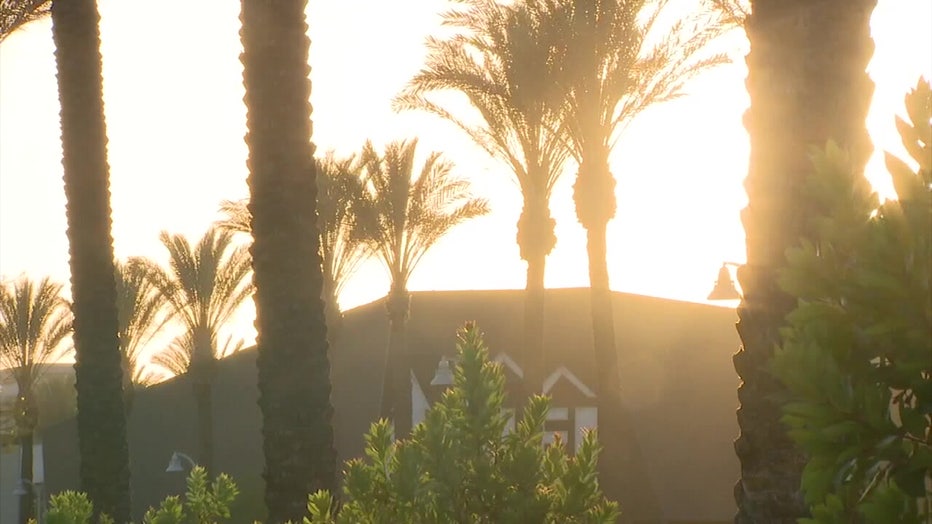Tampa Bay to see more dangerously hot days with 'feels like' temperatures over 100 degrees, new data shows
TAMPA, Fla. - New data shows counties in Tampa Bay will experience 35% to 45% more dangerously hot days when the "feels like" temperature tops 100 degrees.
The entire country is facing the challenges of adapting to extreme heat, and it keeps rising.
"So we're really locked in to what we're going to see in the next 20, 25, 30 years," said Jeremy Porter, chief research officer at the First Street Foundation.
The First Street Foundation developed an extreme heat model to analyze the prevalence of increasing extreme temperatures across the US. The non-profit found in just 30 years climate change will cause the lower 48 states to be a far hotter and more precarious place to be in the summer.
"Making sure that people understand that, you know, a three-degree increase in temperature means more days over 100-degrees. It means more heat waves, it means longer heat waves," said Porter.
According to the report, the Sunshine State will see more dangerously hot days with a "feels like" heat index over 100-degrees by 2053. In Hillsborough County, it is expected to reach those temps 73 days next year, climbing to 107 days in 30 years. That is an additional 34 days of high heat indices, according to researchers.

"It's reason for a lot of concern," said Randy Deshazo, chief of staff for the Tampa Bay Regional Planning Council.
The Tampa Bay Regional Planning Council released a report examining how climate driven heat impacts the local economy, estimating the Tampa Bay region could lose about $500 million a year from extreme weather.
"So we will suffer because of increased deaths, lost work, and increased energy costs," Deshazo said.
The high temperatures and high humidity can threaten human safety, drive up infrastructure and transportation costs, and make cooling your home or work more expensive.
"If we can provide more tree cover, provide better assistance to the elderly and the poor in terms of insulating their homes and keeping them cool, I think that those are things that will help us, at least in the short run, in terms of dealing with the extreme heat," said Deshazo.

The First Street Foundation said knowing these climate perils are coming also allows residents and local leaders to better prepare and start planning now.
"So how do you protect yourselves, how you protect your citizens, how you create emergency response plans that can be rolled out during long heat waves or consecutive days over 100 degrees," Porter said.
The First Street Foundation also launched a site called Risk Factor that allows you to look up your address to see how heat, floods and fire might affect where you live.

